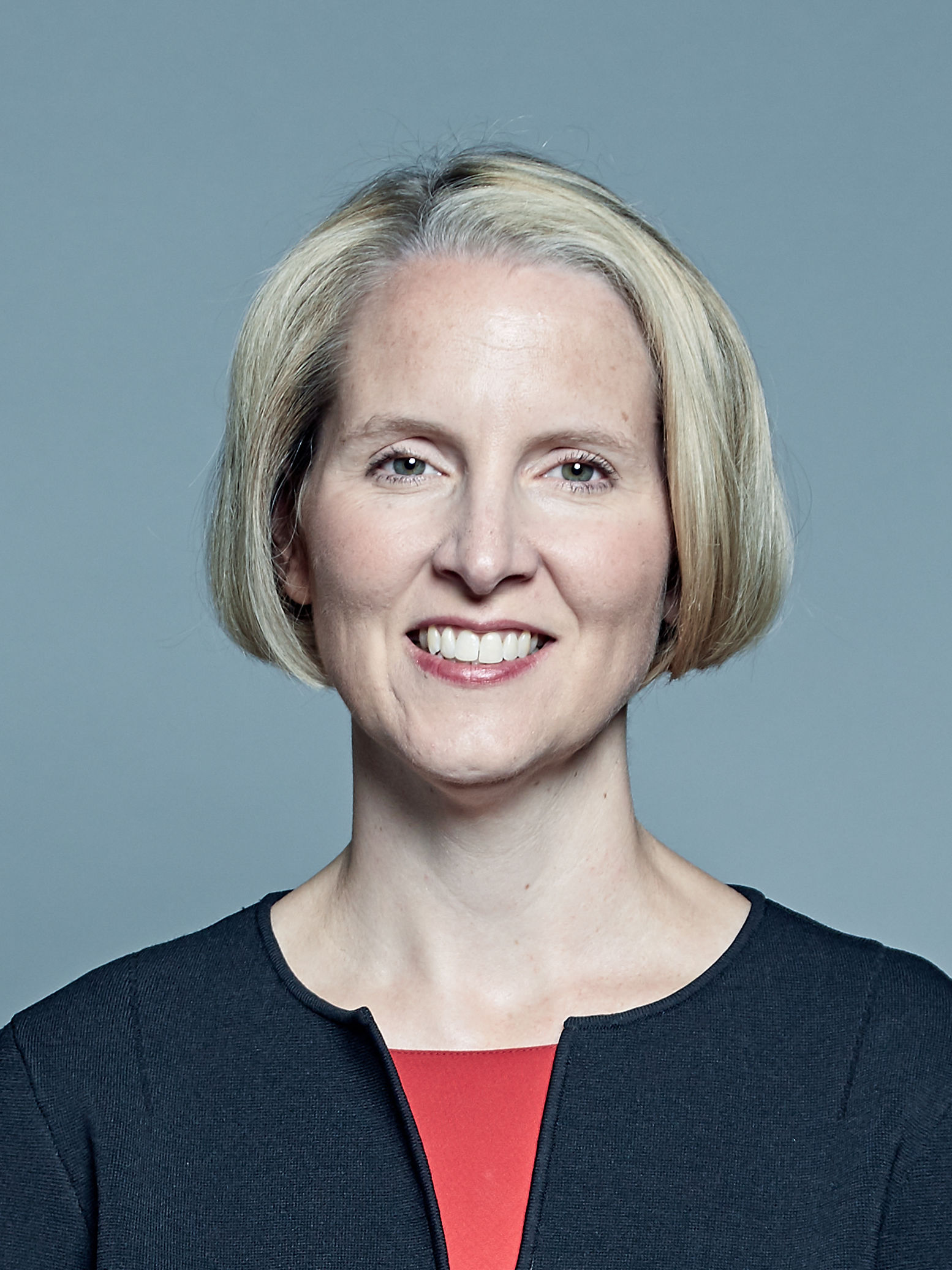The notion of a traditional retirement will be “retired” due to increasing life expectancy and financial necessity, according to a report by the International Longevity Centre (ILC).
The report, commissioned by Brightwell, found that people over 65 were more likely to be economically active than in the early 2000s, and for women, this proportion had more than doubled.
According to the report, 77.6 per cent of men and 69 per cent of women aged 50-64 are economically active.
For people aged 65 and over, 14.9 per cent of men and 8.9 per cent of women are economically active.
However, the report showed the proportion of women working part-time has been falling, whereas the proportion of men working part-time has been increasing.
It found that in 2023, 45.7 per cent of women aged 50 and over worked part-time, compared with 19.3 per cent of men of that age. In 2004, just over half (51.3 per cent) of women aged 50 and over worked part-time, compared with 16 per cent of men.
The report also claimed that technology would make work more flexible, changing when, where, and how we work, suggesting that fewer of us will need to travel to our workplace, as more will work from home or abroad.
Commenting on the findings, ILC senior research fellow and author of the report, Dr Vivien Burrows, said: “We know how important meaningful occupation is for our health and well-being.
"The rise in the proportion of older workers is a positive trend, but there are signs that this growth is beginning to stall, with too many people forced out of work earlier than they would like.
"Ensuring that people can work longer means preventing ill health, challenging ageist attitudes, and embracing greater flexibility.
Brightwell CEO, Morten Nilsson, added: “In future, more people will be working into their sixties and seventies. For some this will be out of financial necessity as they simply won’t have enough saved for several decades of retirement.
"For others, working longer will be an active choice for the continued sense of purpose and social connectedness that it can bring. It’s important that more is done to ensure longer healthier lives so that people can maximise the opportunities of working into later life.”
Latest News
-
OBR analysis reveals potential impact of salary sacrifice changes
-
Strong funding levels continue as endgame landscape reshaped by innovation
-
Harwich Haven Authority Pension Fund finalises £45m buy-in with Royal London
-
GAD publishes LGPS gender pension gap reporting guidance
-
DB scheme funding levels continue to improve heading into 2026
-
News in brief - 6 February 2026
Private markets – a growing presence within UK DC
Laura Blows discusses the role of private market investment within DC schemes with Aviva Director of Investments, Maiyuresh Rajah
The DB pension landscape
Pensions Age speaks to BlackRock managing director and head of its DB relationship management team, Andrew Reid, about the DB pensions landscape
Podcast: From pension pot to flexible income for life

Podcast: Who matters most in pensions?

In the latest Pensions Age podcast, Francesca Fabrizi speaks to Capita Pension Solutions global practice leader & chief revenue officer, Stuart Heatley, about who matters most in pensions and how to best meet their needs
© 2019 Perspective Publishing Privacy & Cookies











Recent Stories